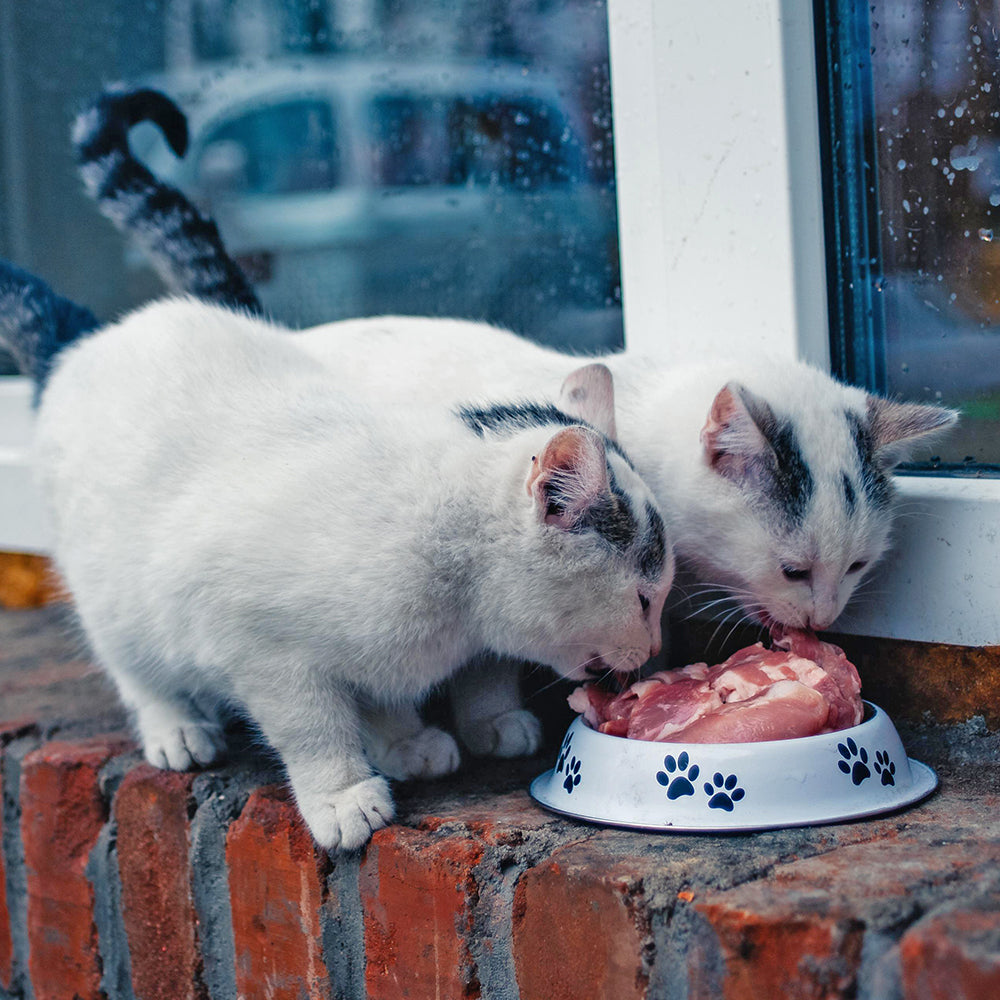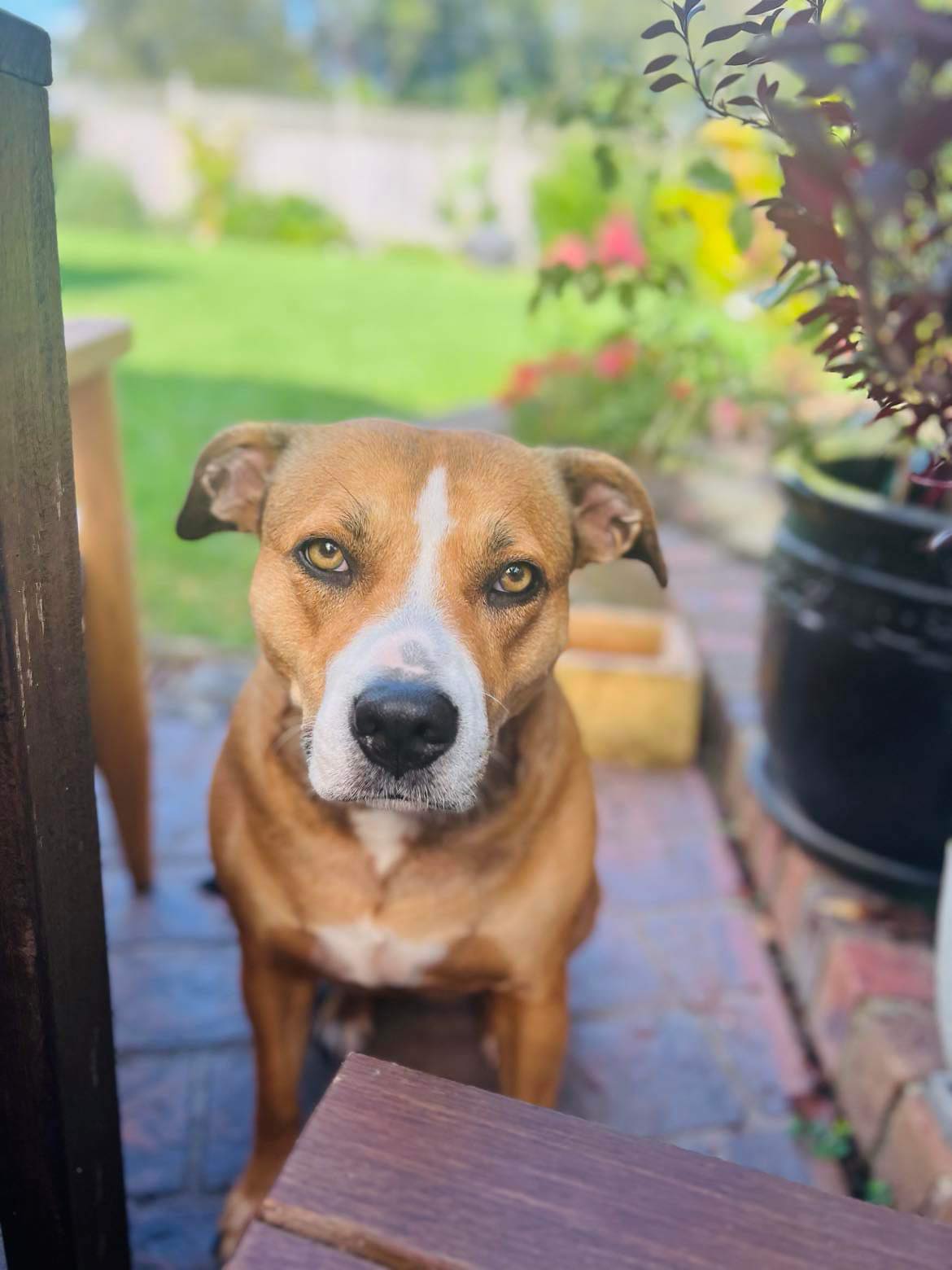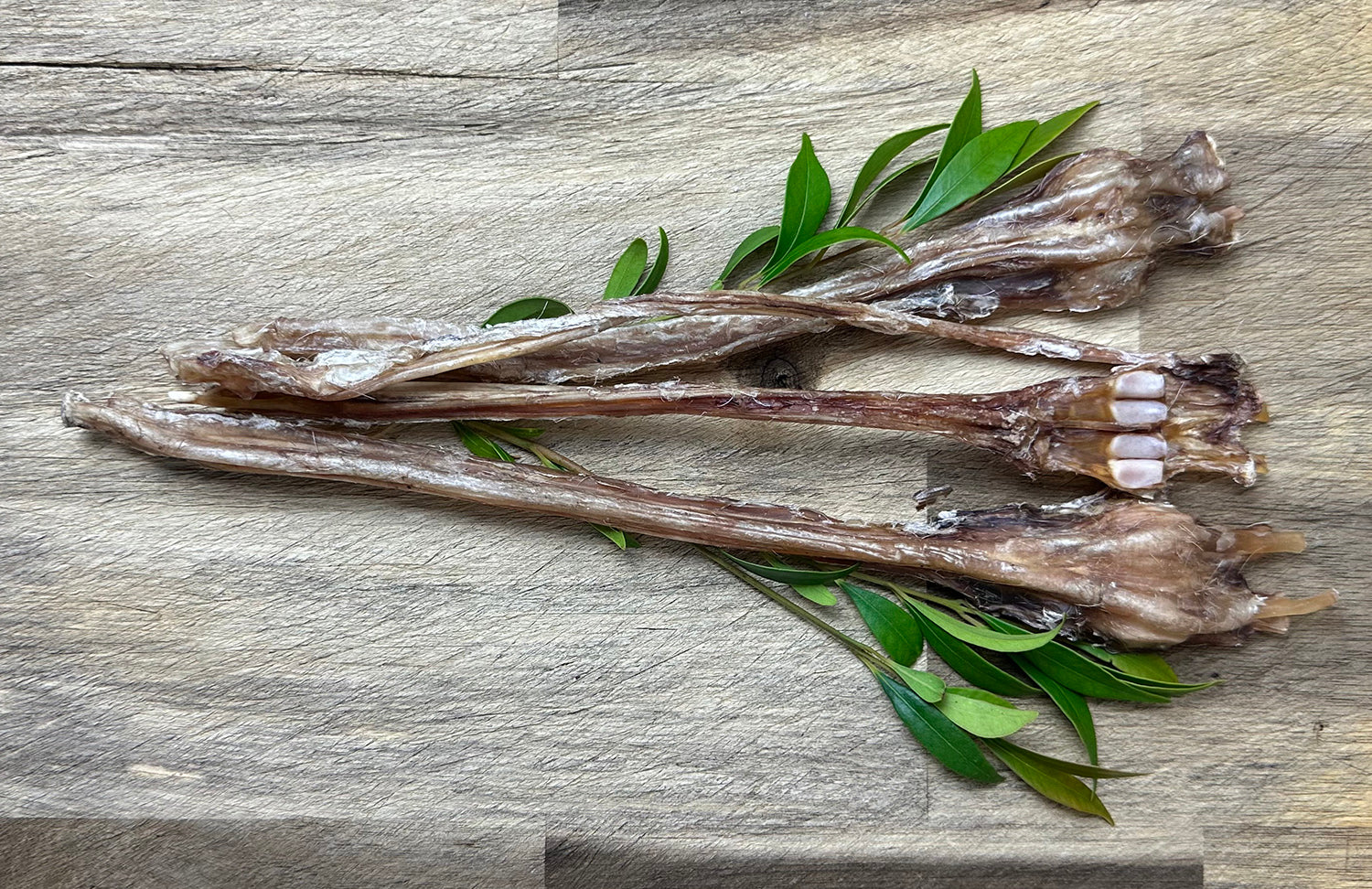
Dogs may eat grass for a variety of reasons, and it's a behavior that has been observed in many dogs. Here are some common reasons why dogs eat grass:
Digestive Upset.
One of the most commonly suggested reasons is that dogs eat grass when they have an upset stomach. Grass can help induce vomiting, which may help them feel better by expelling something that is causing discomfort in their stomach, such as indigestible food or irritants.
A dog's stomach also utilizes strong hydrochloric acid in large concentrations—ten times what an average human stomach offers—to process these rough foods. This powerful defense system kills a huge portion of the bacteria found in raw food, keeping your canine from becoming ill.
Feeding un-natural foods is a major contributor of digestive issues and a raw natural diet is the most appropriate diet for dogs and cats and should be the first step in addressing this issue.
Nutritional Deficiency
Some believe dogs may eat grass to supplement their diet with missing nutrients. If a dog's regular diet lacks certain vitamins, minerals, or fiber, they may seek out grass as a natural source of these nutrients.
Chlorophyll is a green pigment found in plants and algae. Its structure is a lot like your dog’s hemoglobin, which is an important part of your dog’s red blood cells. Hemoglobin carries oxygen throughout his body. So when your dog eats chlorophyll, it helps replenish the red blood cells.
Chlorophyll also …
- Protects cells from damage and may lower risk of cancer
- Fights infections
- Heals wounds
- Builds the immune system
- Breaks down calcium oxalate stones in his bladder
- Heals the digestive tract (which we’ll talk about next)
- Your dog can’t choose green veggies when he needs chlorophyll. And he doesn’t get chlorophyll from the belly of his prey as a wild dog would. So he eats whatever greens he can find … which leads to grass-eating.
- Unfortunately grass isn’t a great source of chlorophyll because it’s hard to digest. But you can give your dog foods that supply the chlorophyl he needs. We recommend raw green tripe to provide pre-digested green matter that is an immediate source of clorophyll. Raw green tripe is available in Primal Wild Mix and Primal Raw Green Tripe
Instinctual Behavior
Dogs are descendants of wolves, and some researchers believe that eating small amounts of vegetation is a natural behavior inherited from their ancestors. Wild canids occasionally consume plant matter, and this behavior may have persisted in domestic dogs.
Boredom or Anxiety:
Dogs may chew on grass out of boredom or anxiety. Just like humans sometimes engage in stress-eating, dogs might turn to grass as a way to alleviate anxiety or restlessness.
Taste or Texture:
Some dogs may simply like the taste or texture of grass. Dogs have a keen sense of smell, and they may be attracted to the scent of fresh grass.
Attention-Seeking
Dogs are known to do things for attention. If a dog notices that their owner reacts when they eat grass, they may repeat the behavior to get attention.
Lack of Fiber.
Grass contains fiber, which can help with digestion and bowel movements. If a dog's diet is low in fiber, they might eat grass to help with their digestion.
Occasional grass-eating is generally considered normal behavior for dogs. However, if your dog starts eating grass excessively and it leads to vomiting, diarrhea, or other health issues, it's advisable to consult with a holistic and natural vet. Excessive grass consumption could indicate an underlying health problem that needs attention. Additionally, if you're concerned about your dog's diet or nutrition, it's best to consult a professional dog nutritionist to ensure they are getting the appropriate nutrients in their diet.



